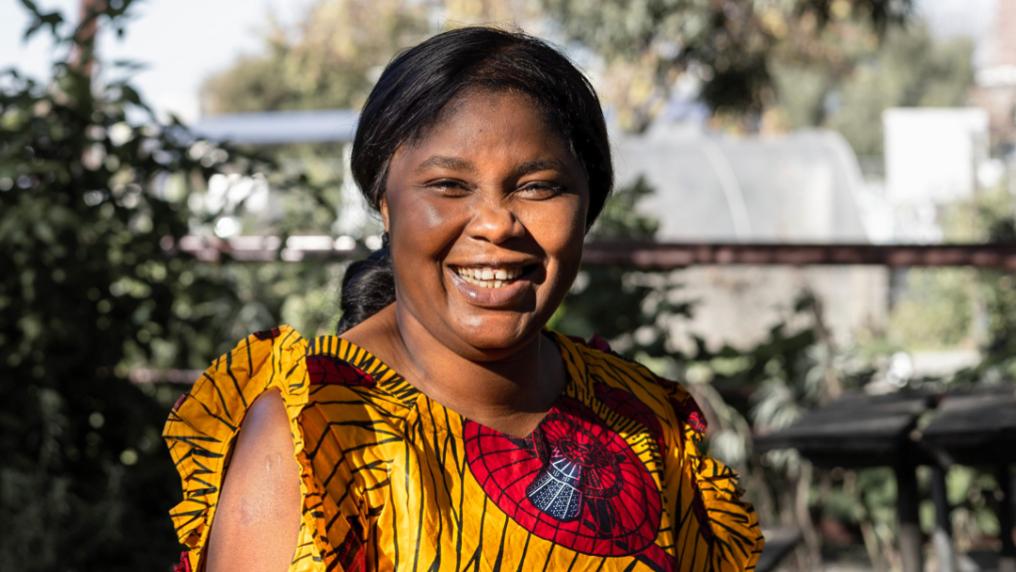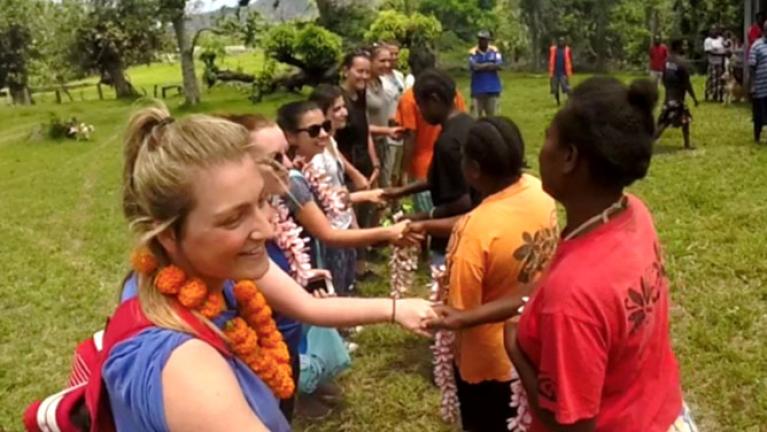Meeting the minimum entry criteria does not guarantee entry into this course.
Completion of an Australian Senior Secondary Certificate (VCE or equivalent) including Units 3 and 4: a study score of at least 25 in English (EAL) or 20 in any other English (or equivalent).
OR:
Completion of an Australian Advanced Diploma or Diploma (or equivalent).
PLUS:
IELTS (or equivalent): Overall score or 6.0 (with no band less than 6.0 in Listening, Reading, Writing and Speaking).
OR:
Completion of a Foundation course or equivalent.
Special entry programs
If you are from a disadvantaged or underrepresented social, economic or cultural background, you may be eligible for one of our special admission programs. These programs are designed to help you access education more easily.
Learn more about special admission programs
Additional information
Students may be required to undergo a Victoria Police Check, Working with Children check, a medical check and a physical capacity test dependent upon units chosen.











